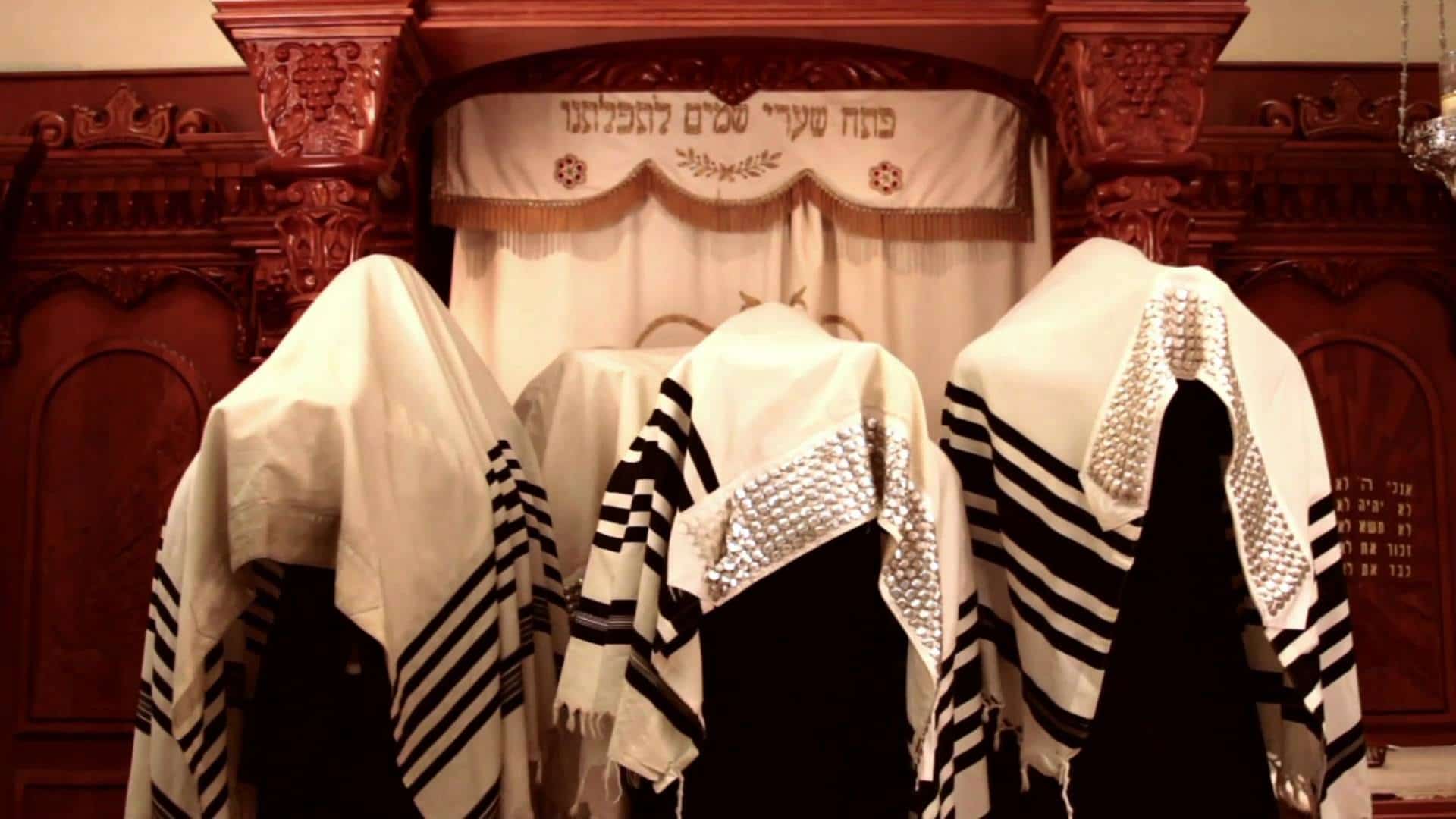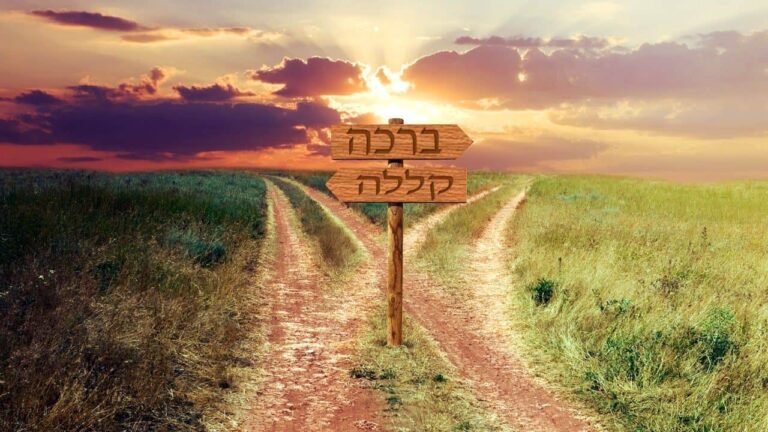Devar Torah – Parshas Emor 5781
This week is the 44th anniversary of my Bar Mitzvah – which was Parshas Emor! The parsha discusses the laws applicable to a Kohen, so I would like to say over a few ideas about kohanim. The parsha begins with a double wording “And the Lord said to Moshe, Speak to the priests the sons of Aharon, and say to them…” Why is said/say mentioned two times?
Rashi says that it is to tell the Kohanim parents that they have to be careful with their children, and warn them about the laws of being a kohen. Normally a Jewish kid hangs out with other Jewish kids, so he will be less likely to stumble in the commandments (for example, with non-kosher food), as his friends will either warn him, or he’ll figure it out by watching them. But a kohen has to remain “pure”, for example, by not contaminating himself by being near a dead Jewish body. His non-kohen friends do not have this commandment, so when they go up to Meron to visit the grave of Rabbi Shimon Bar Yochai (and many other great Torah sages buried nearby), his friends will go without any problems, but the kohen has to be warned by his parents to not go, lest he become impure.
Kohanim are restricted in who they can marry. The woman cannot be divorced, nor can she have had relations with a man forbidden to her. This can get tricky. Imagine a girl at Yeshiva University who is very “loose” and has relations with every single boy on the basketball team (all out of wedlock). While she should not have done this, it does not make her forbidden to marry a kohen because the boys were all Jewish. HOWEVER, if this same girl has relations one time with the gentile quarterback of the Columbia U. Football team, she is forever forbidden to marry a kohen.
One basic tenet of America is “All Men are Created Equal”. It is an interesting concept, but Judaism disagrees with it. A person who is born a kohen (because his father was a kohen) is inherently different from someone who is not a kohen. This Jew has different obligations and different privileges than other Jews – only because of his father. It is similar to someone who is a levi. But just because a person is different doesn’t mean that he cannot grow in Torah – an illegitimate child (a mamzer born from a forbidden relationship, such as a married woman and a man who is not her husband) can grow to be a bigger scholar in Torah than the High Priest (the Kohen Gadol).
Wishing you all a good Shabbos!







